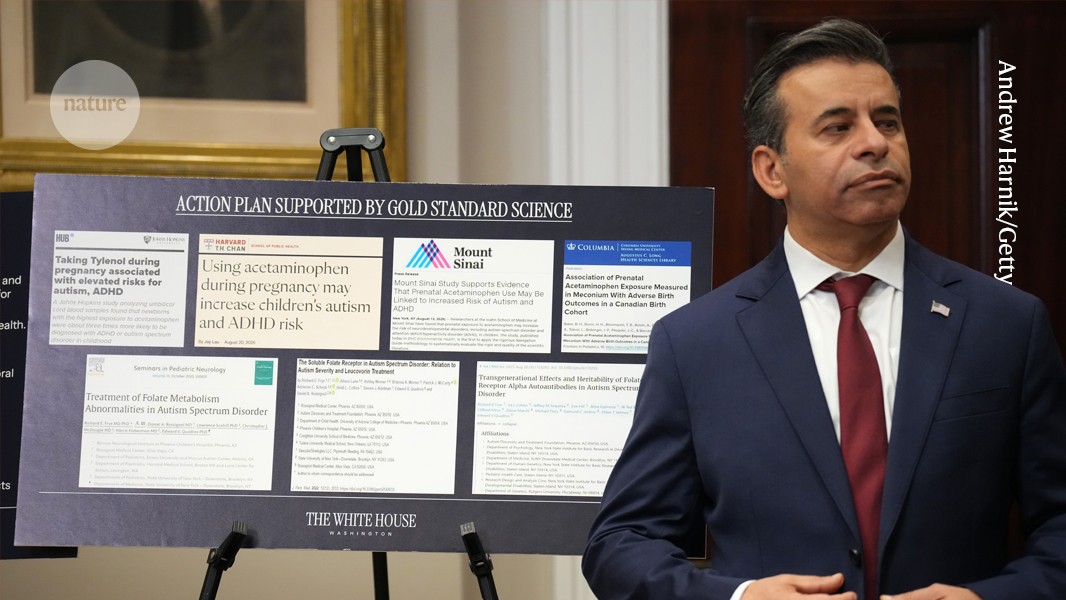
"On 22 September, the United States' top public-health officials stood alongside President Donald Trump at the White House and delivered a message that went around the world in an instant. The US Food and Drug Administration (FDA) said it intends to change its guidance on acetaminophen - also known as paracetamol - a household painkiller marketed in the United States as Tylenol."
"The FDA published a statement saying that the agency is initiating a change to its labelling "to reflect evidence suggesting that the use of acetaminophen by pregnant women may be associated with an increased risk of neurological conditions such as autism and [attention deficit hyperactivity disorder] in children". What is disconcerting is that this proposed action from the US drug regulator does not accurately represent the spectrum of research findings, nor the consensus among researchers."
The FDA signaled an intent to change acetaminophen labeling to reflect studies suggesting prenatal use may be linked to higher risks of autism and ADHD. National and international health bodies generally oppose immediate guideline changes because the evidence is inconsistent and largely observational, with risks of confounding, misclassification and bias. Acetaminophen remains the recommended analgesic and antipyretic in pregnancy at the lowest effective dose and shortest duration under medical guidance, because untreated fever can harm fetuses. Overly definitive public messaging risks misrepresenting scientific uncertainty and could harm public health.
Read at Nature
Unable to calculate read time
Collection
[
|
...
]